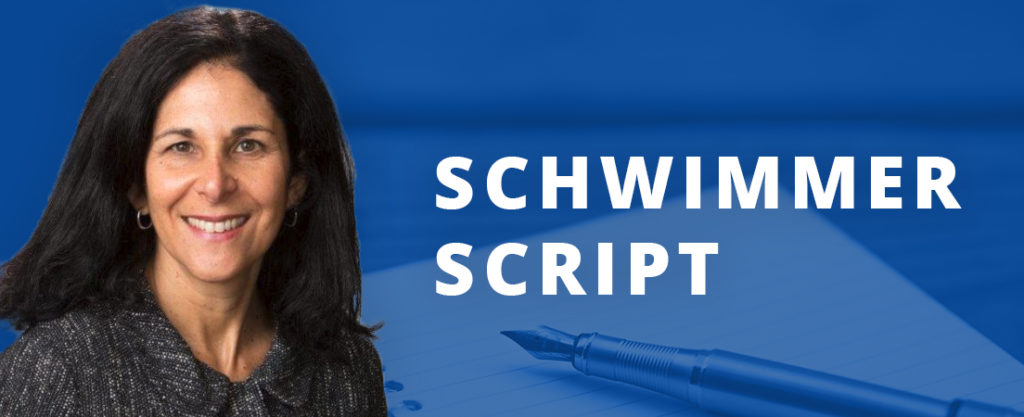Today I am sharing a report recently posted on the website of the Department of Banking and Insurance (DOBI). The report provides data to help us determine whether New Jersey’s Out-of-Network Consumer Protection, Transparency, Cost Containment, and Accountability Act is successfully protecting consumers and reducing overall health care costs. It also provides some insight into who is using the arbitration process and the outcomes. This is the second report issued on the law and covers arbitrations in 2020.
At the Quality Institute, we worked with many of you for more than a decade to address Surprise Billing. The law was built on four pillars: consumer protection; reducing unnecessary health care costs; increasing transparency for consumers regarding benefits, networks, and billing; and accountability regarding whether or not the law is working. To further the goal of accountability, I am sharing the report, which was not publicized, so that you can review the data yourself.
I’ll also share my key takeaways:
- DOBI concludes in the report that the law is indeed reducing health care spending and protecting consumers. Through the rate review process, carriers reported a reduction in spending on involuntary out-of-network services by 56 percent for the individual health coverage (IHC) market; 38 percent for the small employer health coverage (SEH) market; and for the large group market a reduction of approximately 48 percent adjusted for membership changes.
- Many large employers with self-funded plans, that are not required to comply with the law, are voluntarily joining the process. The report shows that 137 such groups opted-in to the law to protect their employees from surprise bills. This list includes Princeton University, multiple municipalities and counties, and many New Jersey and New York based health care and pharmaceutical companies.
- From 2019 to 2020, the number of arbitrations more than doubled, from 1760 to 4208. The growth may have been due to greater awareness and confidence in the system in the second year. The bill sponsors’ original assumption was that as insurers and providers gained a greater understanding of the process, they would increasingly negotiate in good faith, settle more cases, and avoid arbitration. It is too early to tell whether this will happen.
- Overall, providers prevail more than carriers: Carriers prevailed in 1489, or 36 percent, of the arbitration cases; providers prevailed in 2,683 cases, or 64 percent of the cases. Note, due to a small percentage of defaults, not all of the numbers add up exactly.
- The majority of the awards were for amounts under $10,000:
- The specialty with the most arbitrations was general surgery and of those awards, about 70 percent were for inadvertent bills and 30 percent were from emergency bills. Another high-volume claim was orthopedic surgery, where 75 percent were inadvertent, and 25 percent were for emergencies. These statistics and trends should be investigated given that people should be not be receiving surprise bills for non-emergent procedures at in network facilities by in network physicians. This data highlights gaps in networks that should be looked into. The law addresses the results when this happens, but the best outcome would be for the issue to be avoided in the first place.
The DOBI report is key to reviewing the track record of this critical law. Now that the federal “No Surprises Act” was enacted, it is important to consider how the two laws will be harmonized to ensure that we achieve their goals of consumer protection and cost reduction. I look forward to working with you on these important issues.

